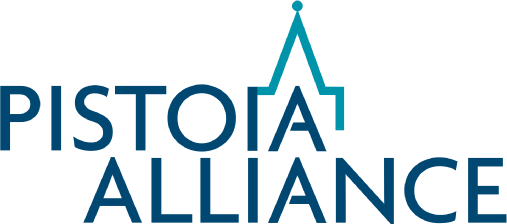Artificial intelligence and machine learning models are used more and more often in the development of pharmaceuticals and as software components in medical devices. However, because there has been a lack of clear reporting standards, many clinically relevant models have been reported with insufficient details to properly assess their risks and benefits.
Historically, this has made the science underlying these products irreproducible, deployment and comparison of AI algorithmic solutions hard, and may lead to the users of these products facing unequal or unforeseen harms. Therefore a standard for reporting of biomedically-relevant AI/ML models is necessary. In this panel discussion we will brainstorm options for the transparent reporting of AI algorithms in biology and medicine.
Participants include Prof. Atul Butte and Dr. Beau Norgot, authors of the MI-CLAIM checklist recently published in Nature, Dr. Xiaoxuan Liu and Prof. Alastair Denniston, founders of the SPIRIT-AI and CONSORT-AI working groups, and Dr. Jen Harrow, Fotis Psomopoulos, and Dr. Tom Lenaerts, who are actively working on the standards for AI and ML in Europe.
